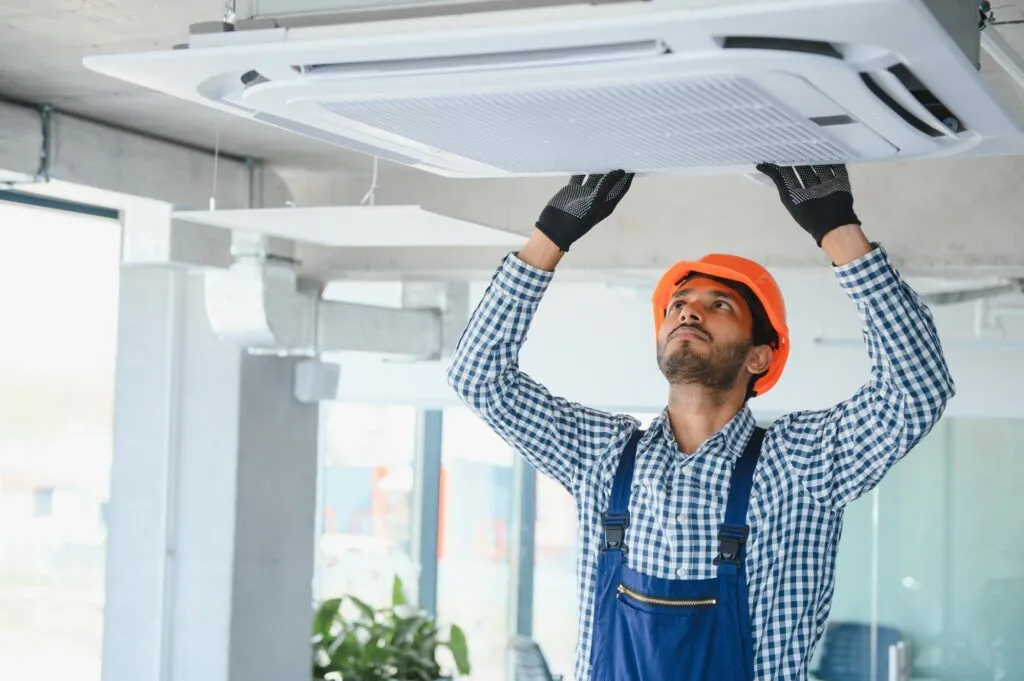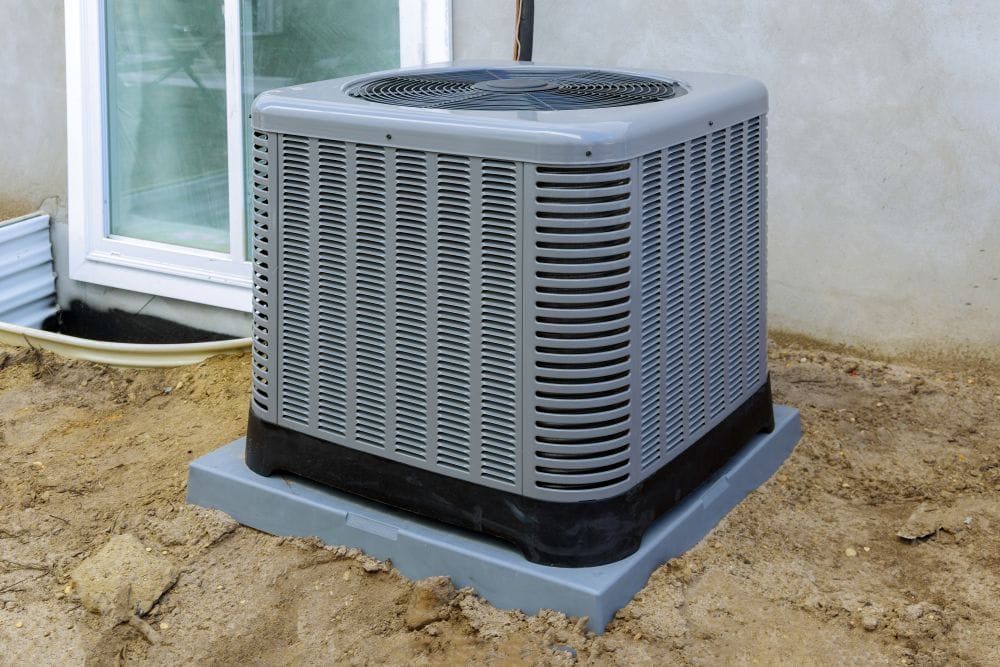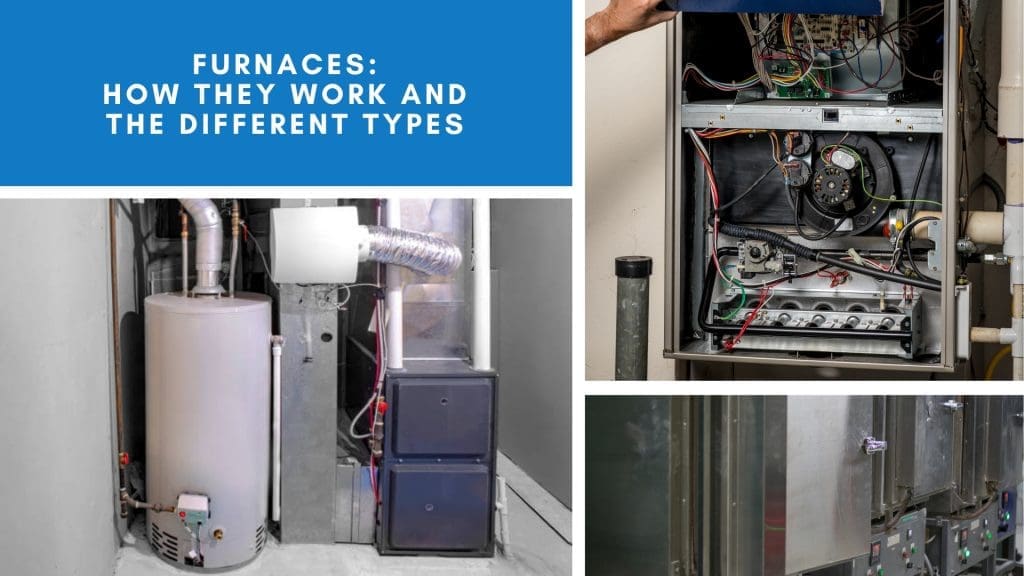Replacing an air conditioning unit involves more than just swapping out the old system for a new one. It’s a process that requires careful consideration of several factors, including the type of unit, the size of your home, and the specific needs of your household. Understanding Air Conditioning Unit Replacement Costs is crucial for making informed decisions and avoiding unexpected expenses. As a seasoned HVAC professional, I understand the importance of providing a transparent breakdown of these costs to my clients.

Evaluating Your Current System
Before diving into the replacement process, it’s essential to evaluate the current state of your AC system. Assessing its efficiency, age, and any recurring issues can provide valuable insights. If your system is over a decade old or frequently breaks down, it may be more cost-effective in the long run to replace it rather than continue with repairs.
Determining the Right Time for Replacement
Timing plays a crucial role in the AC replacement process. Replacing your unit during the off-peak seasons, such as fall or spring, can often lead to better deals and quicker installation times. HVAC companies are less busy during these periods, potentially offering discounts on new units and services.
Understanding SEER Ratings
The Seasonal Energy Efficiency Ratio (SEER) is a key factor in choosing a new AC unit. Higher SEER ratings indicate better energy efficiency, which can lead to significant savings on your energy bills over time. While units with higher SEER ratings might have a higher initial cost, the long-term savings and environmental benefits are worth considering.
What Affects the Cost of Replacing an AC Unit?
Several factors can influence the cost of replacing an air conditioning unit:
Type and Size of the Unit
The size of your home and the specific cooling needs play a significant role in determining the type and size of the AC unit required. Larger homes often necessitate more robust systems to ensure even cooling throughout. Additionally, the type of unit—whether it’s a central air system, ductless mini-split, or a window unit—will affect the overall cost.
Efficiency Rating
Units with higher energy efficiency ratings may cost more upfront but save money in the long run. Investing in a unit with a high SEER rating can reduce monthly energy costs, making it a wise financial decision over time. The initial investment may seem steep, but the return on investment comes through reduced utility bills.
Ductwork Modifications
If your existing ductwork is in poor condition or not compatible with the new system, additional costs may be incurred. Ductwork that’s leaking or improperly insulated can significantly impact the efficiency of your new AC unit. In some cases, upgrading or repairing ductwork can improve overall system performance and energy efficiency.
Labor and Installation Costs
Professional installation ensures the system operates efficiently and safely. Skilled technicians can avoid common pitfalls associated with improper installation, such as reduced efficiency or system damage. The cost of labor can vary, but investing in professional services can prevent costly mistakes.
Location and Regional Variations
Costs can vary depending on the region, with urban areas often incurring higher labor costs. Geographic location can also impact the type of system recommended, as different climates have varying cooling needs. Additionally, local regulations and permits may influence the overall cost of replacement.
Breaking Down the Costs
Understanding the different components involved in an AC replacement can help you get a clearer picture of where your money is going.
Average Cost to Replace an AC Unit
The average cost to replace an AC unit typically ranges between $3,000 and $7,000. This price range includes both the air handler and the condenser, which are critical components of your HVAC system. However, prices can vary based on the factors mentioned above.
Cost to Replace Air Handler and Condenser
Replacing both the air handler and condenser can range from $2,000 to $5,000, depending on the brand and efficiency of the units. The air handler, located inside, works with the condenser, located outside, to circulate air and regulate the temperature in your home. Opting for a high-efficiency air handler can further enhance system performance.
Central Air Conditioner Replacement Cost
For central air conditioning systems, the replacement cost can range from $3,500 to $7,500. This cost includes the unit itself and the installation. Central air systems are preferred for their ability to cool an entire home evenly and efficiently. Ensuring that the system is correctly sized and installed can maximize comfort and efficiency.
Cost of Air Handler and Condenser
When replacing only the air handler and condenser, homeowners can expect to pay between $2,500 and $5,500. These components work together to ensure your home stays comfortable year-round. Choosing reputable brands and models with good reviews can ensure reliable performance and longevity.
Choosing the Right AC Unit for Your Home
Selecting the best AC unit for your home involves considering factors such as the size of your house, energy efficiency ratings, and your budget.
Best AC Unit for a 2500 Sq Ft Home
For a home of approximately 2,500 square feet, you might consider a unit with a capacity of 3.5 to 4 tons. This will ensure adequate cooling without overworking the system. Additionally, opting for a unit with a high SEER (Seasonal Energy Efficiency Ratio) rating will provide long-term energy savings. Consulting with an HVAC professional can help determine the most suitable system for your specific needs.
Energy Efficiency Considerations
An energy-efficient air conditioning unit might cost more initially but will reduce your energy bills over time. Look for units with ENERGY STAR certification or high SEER ratings to maximize efficiency. Investing in energy-efficient systems can also contribute to a reduced carbon footprint, promoting environmental sustainability.
Importance of Professional Guidance
Navigating the complexities of choosing a new AC unit can be overwhelming. Enlisting the help of a professional can provide clarity and peace of mind. HVAC experts can assess your home’s specific requirements and recommend systems that align with your preferences and budget.
Professional Installation: A Worthwhile Investment
While it’s tempting to cut costs by attempting a DIY installation, hiring a professional ensures the job is done correctly.

A certified HVAC technician will:
Ensuring Compliance with Specifications
Professional installation guarantees that the system is installed according to the manufacturer’s specifications. This adherence not only ensures optimal performance but also prevents voiding any warranties. Proper installation is crucial for achieving the highest efficiency and longevity from your new unit.
Addressing Ductwork and System Compatibility
A professional will check for any potential issues with your ductwork to ensure seamless integration with your new system. This step is vital for preventing air leaks and maintaining optimal system performance. Properly sealed and insulated ducts enhance the efficiency and effectiveness of your AC unit.
Warranty Protection and Long-term Benefits
Hiring a professional also means gaining warranty protection on both parts and labor. This coverage can save you significant costs in the event of unexpected issues. Additionally, ongoing maintenance by certified technicians can prolong the lifespan of your system and maintain its efficiency.
How to Plan for Your AC Replacement
Planning ahead for an AC replacement can save you time and money. Here are some tips to consider:
Schedule a Professional Assessment
An HVAC professional can evaluate your current system and provide recommendations based on your specific needs. This assessment can identify potential issues and help tailor a replacement plan that fits your budget and preferences. Knowing your options in advance allows for informed decision-making.
Budget for Future Replacements
Set aside funds each year to prepare for future HVAC expenses. Creating a dedicated home maintenance budget can alleviate the financial burden when replacement time arrives. Regularly reviewing and adjusting this budget ensures you’re financially prepared for any unforeseen costs.
Consider Financing Options
Many HVAC companies offer financing plans to help spread the cost of a new system over time. Exploring these options can make the replacement process more manageable. Flexible payment plans allow you to invest in a high-quality system without straining your finances.

Conclusion: Understanding Air Conditioning Unit Replacement Costs for Informed Decisions
Understanding the costs associated with replacing an air conditioning unit is crucial for making informed decisions and ensuring your home remains comfortable. By considering factors such as unit type, energy efficiency, and professional installation, you can choose a system that meets your needs and fits your budget.
If you have any questions or need assistance with your air conditioning system, feel free to contact us at LC Heating and Air Conditioning. We’re here to help you keep your home comfortable year-round.
For more information or to schedule a consultation, visit http://www.lahvaclc.com or call us at (818) 858-7080. Let us guide you in making the best choice for your home’s comfort and efficiency.


